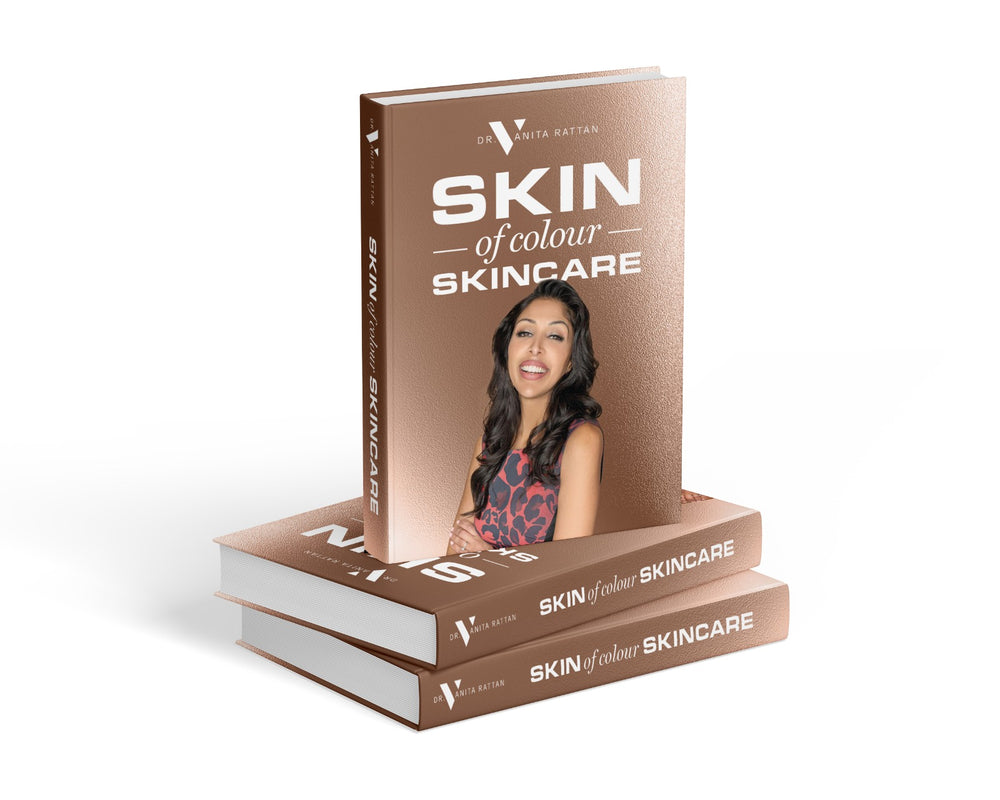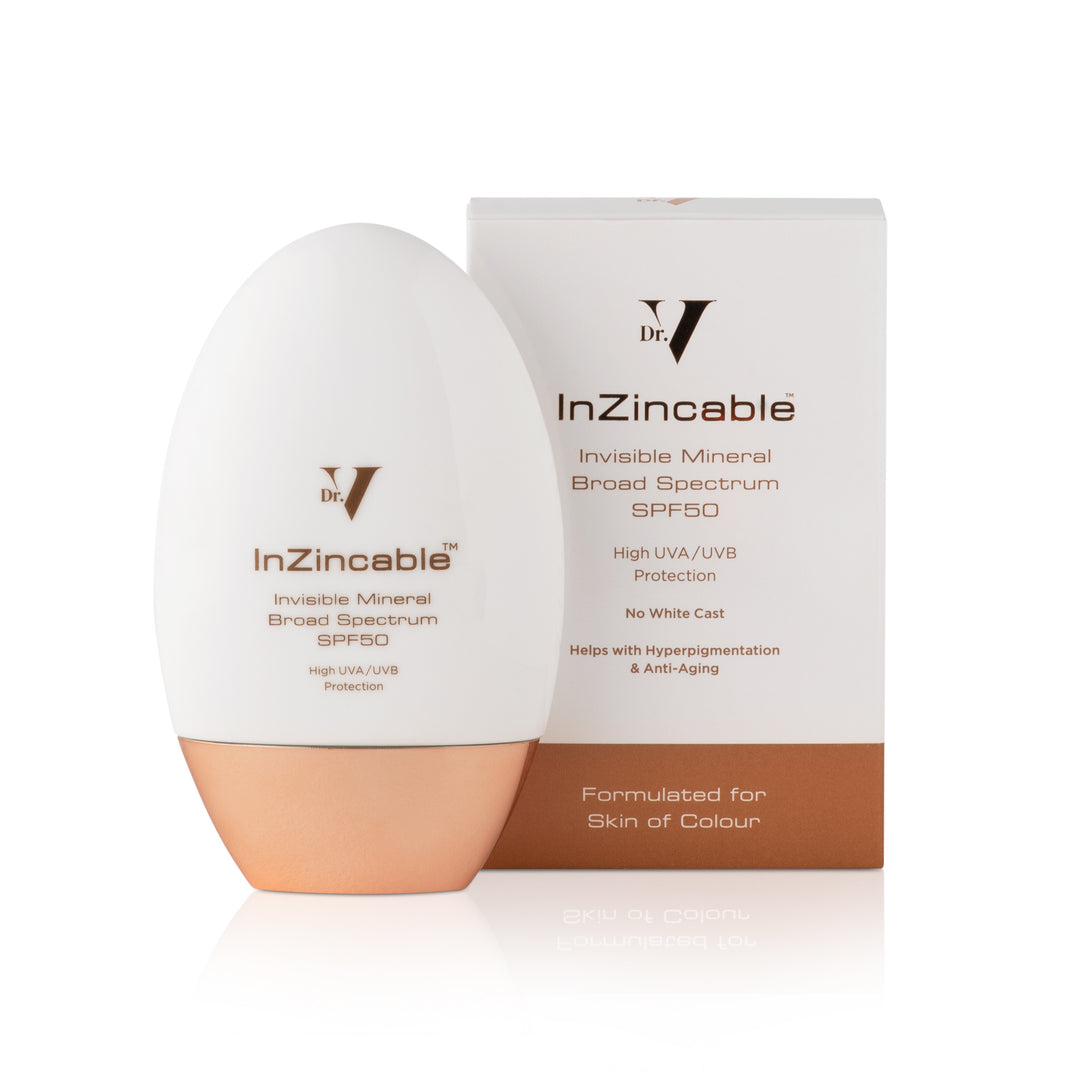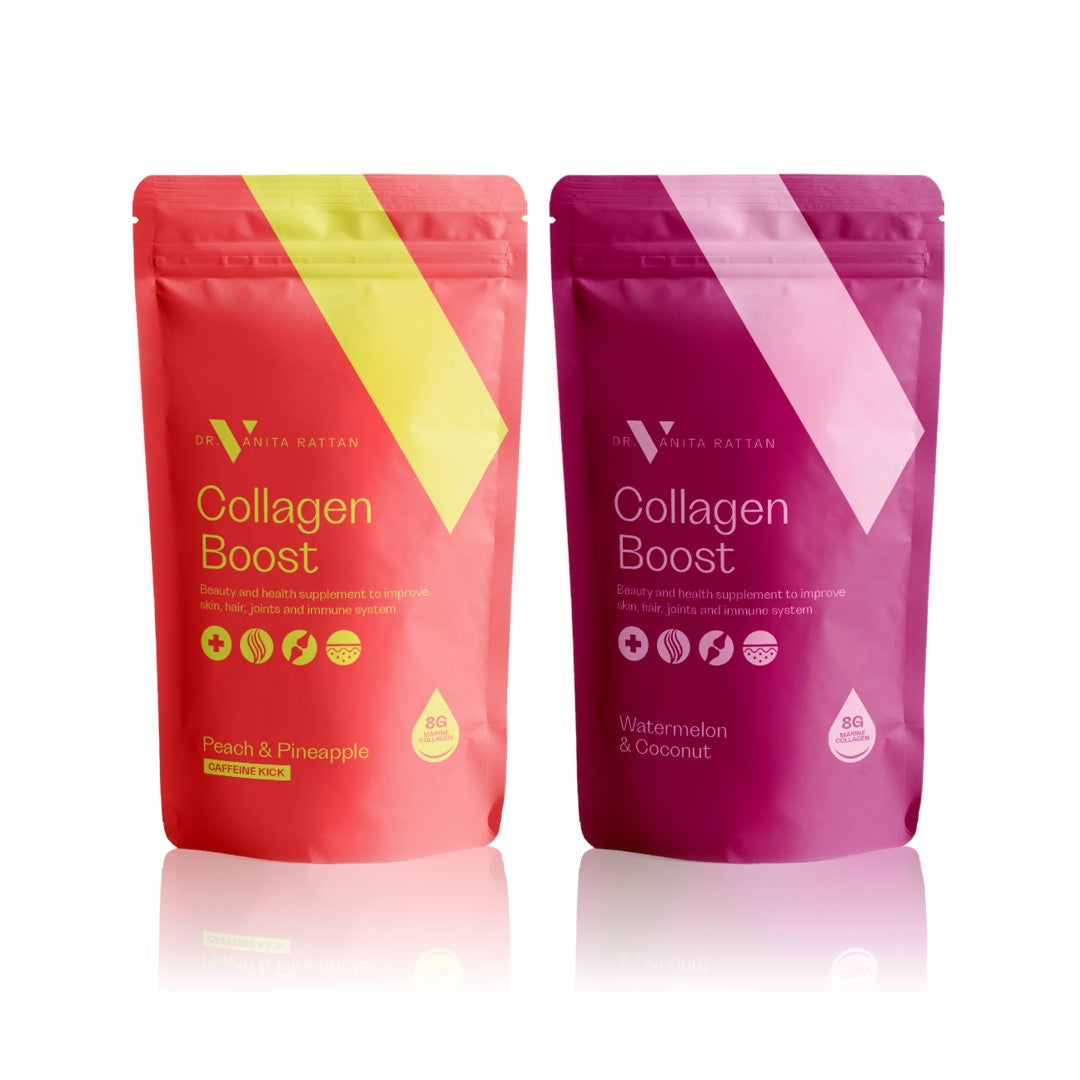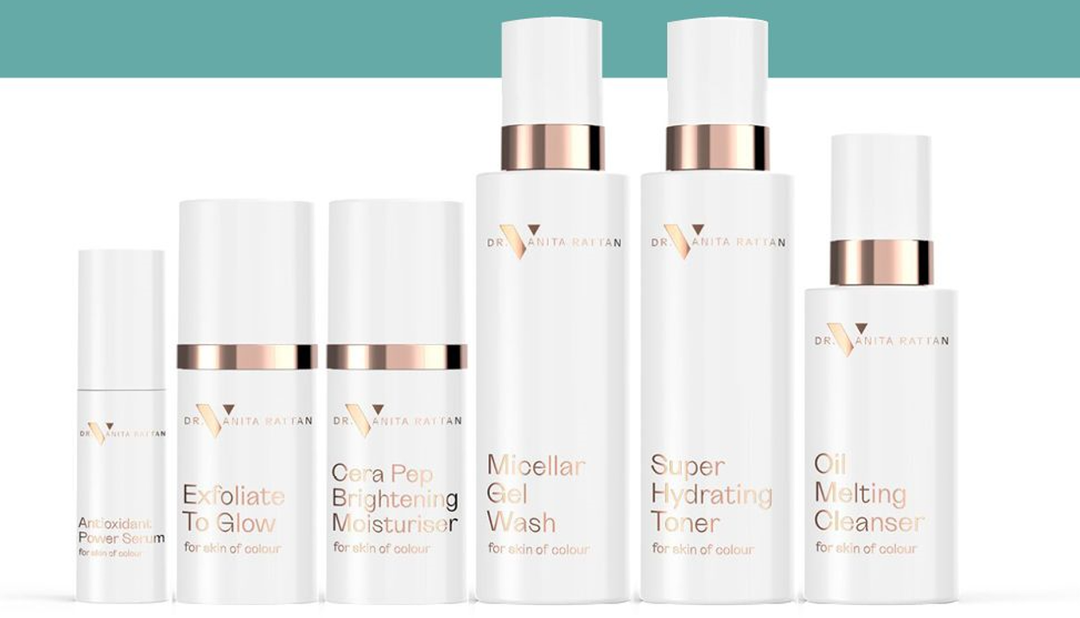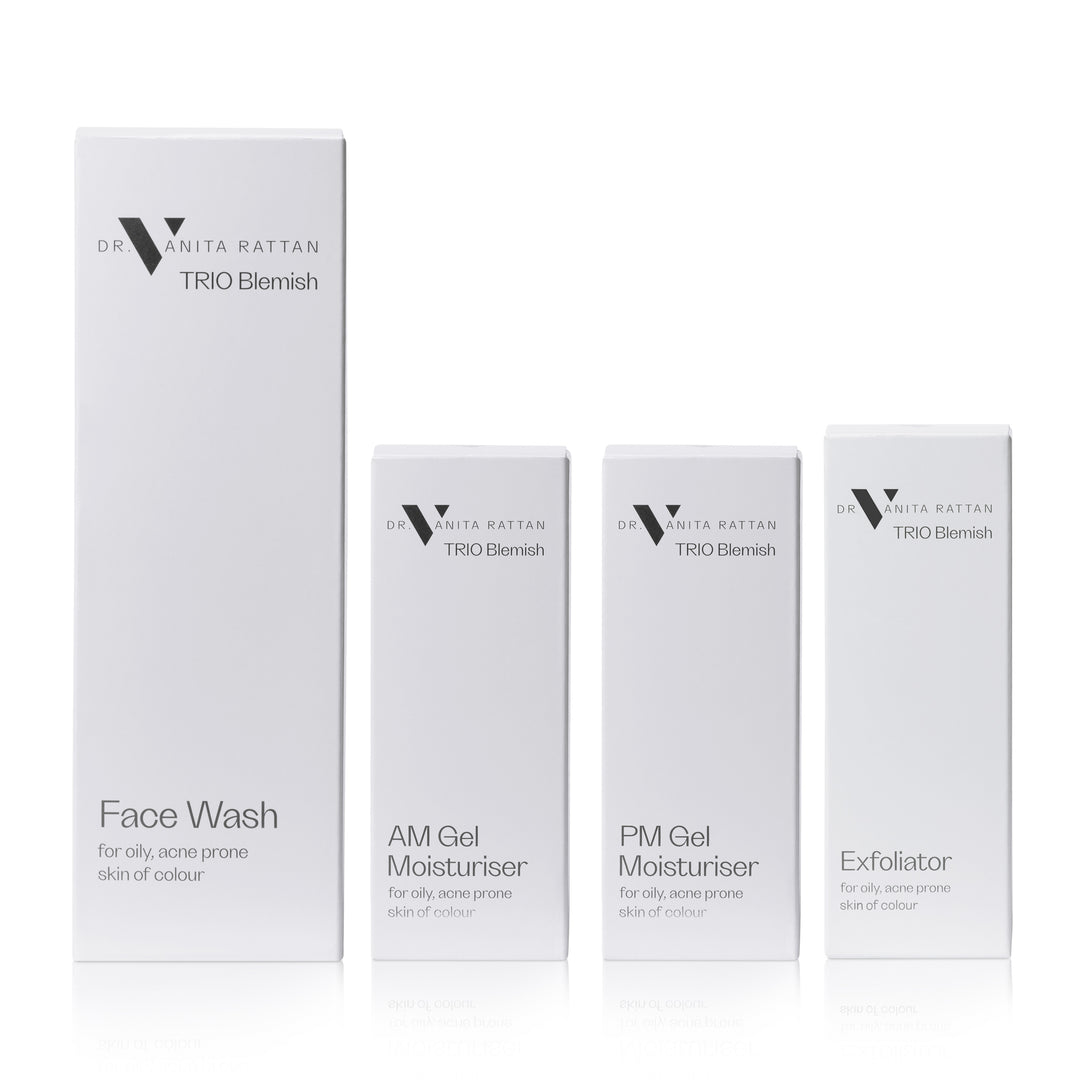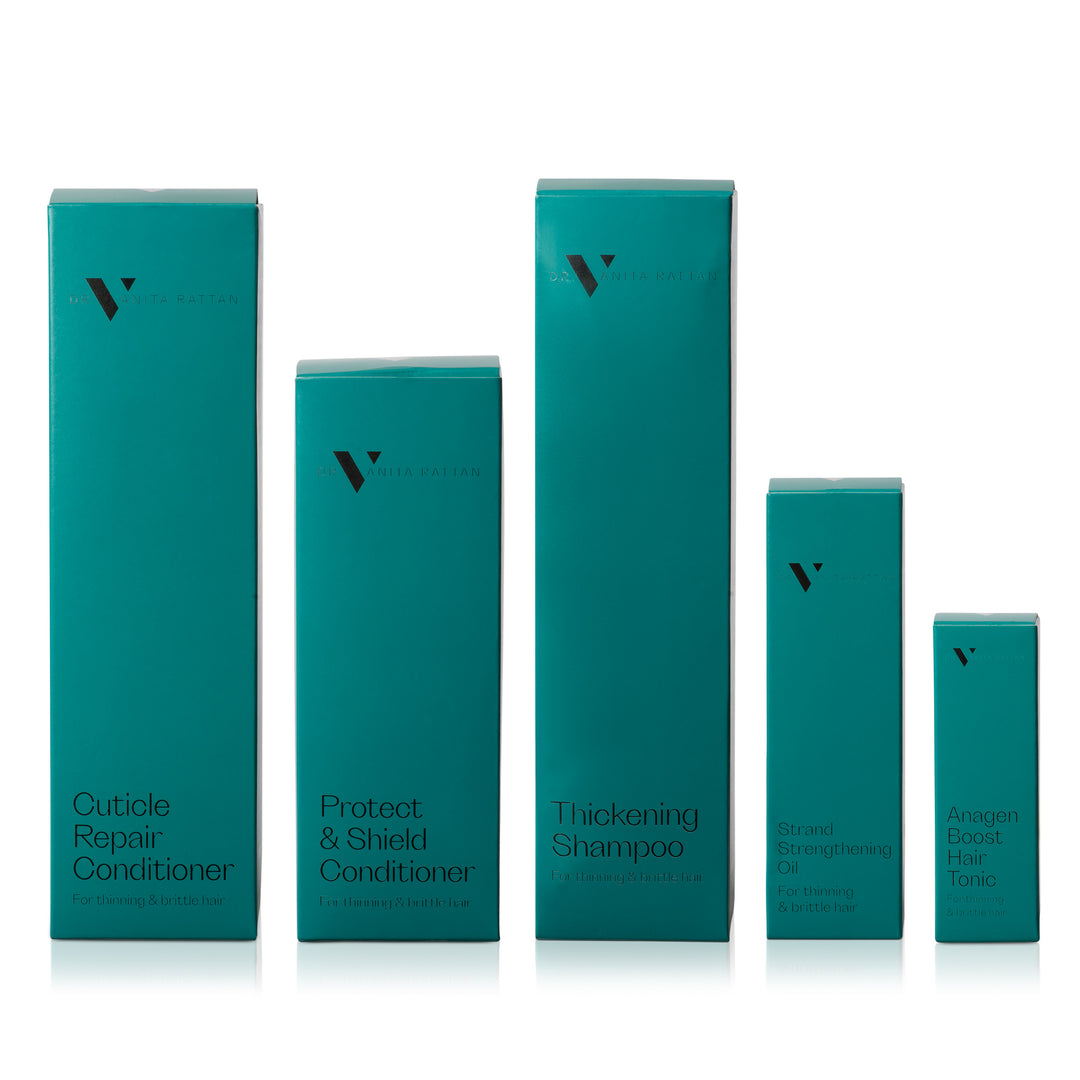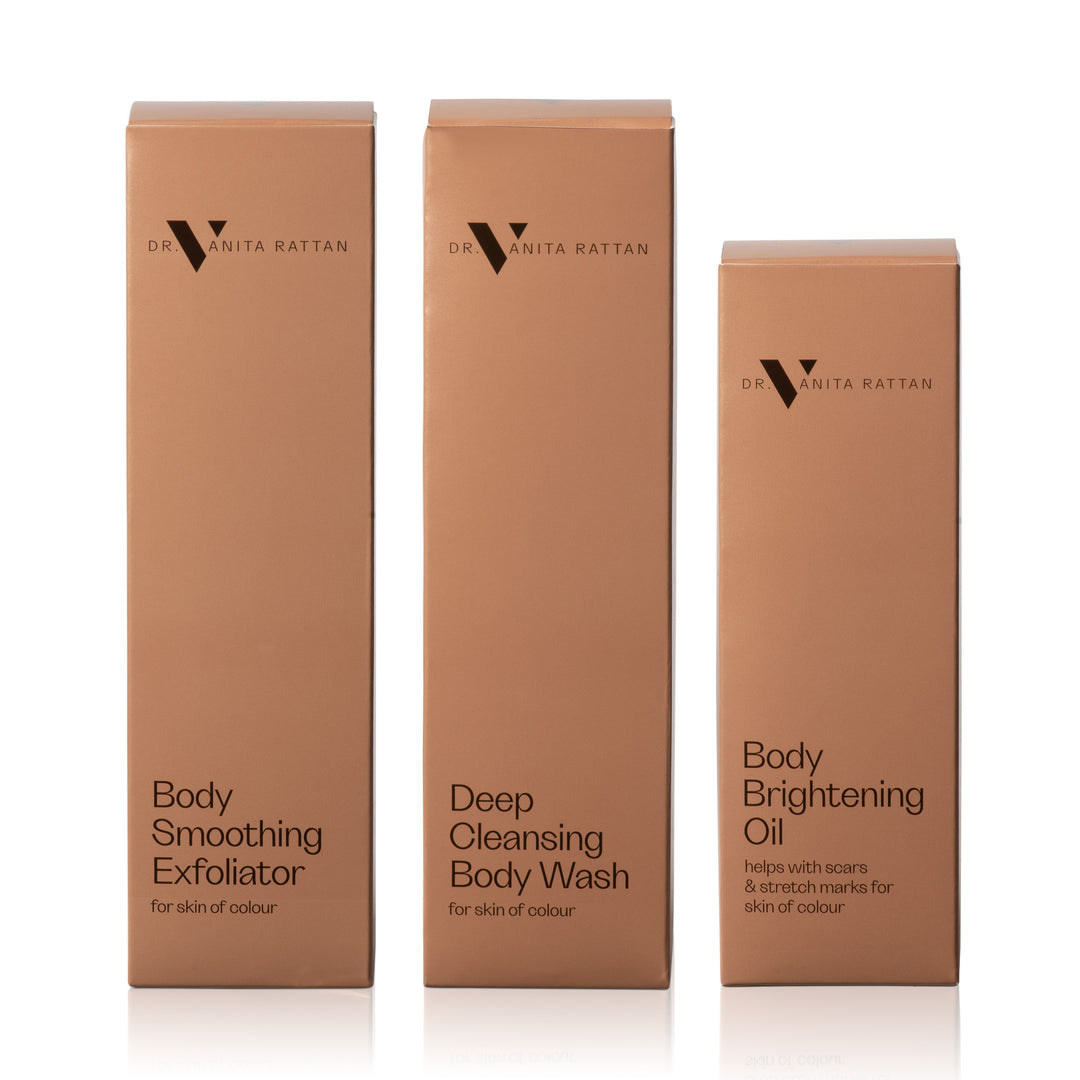5 Warning Signs That A Skincare Trend Won't Live Up To Expectations

By Dr Vanita Rattan, June 2024
Social media has a significant impact on our purchasing decisions, with platforms such as TikTok and Instagram playing an influential role in shaping our consumer habits. From product recommendations, DIY skincare recipes, to reviews, there are so many skincare trends being touted as ‘the next big thing.’ Due to sponsored advertising and overblown claims, it can be challenging to separate between effective skincare trends and passing fads that are motivated by profit.
My recommendations have always been non-sponsored to ensure I am giving unbiased opinions to my skin of colour family, based off my experience and science-backed research. Throughout my journey on social media, I’ve picked up some warning signs that may indicate a skincare trend won’t live up to expectations. These include:
Warning sign #1: It promises ‘overnight’ results.
One of the biggest red flags when it comes to skincare trends is the promise of ‘overnight’ or ‘immediate’ results. Any skincare product that claims to work miracles overnight is likely too good to be true. Achieving noticeable results with skincare requires patience as it operates on a deeper cellular level. Typically, it takes about one to three months of regular use to observe visible results from a skincare product. Products that promise quick fixes often contain harsh actives or ingredients that may damage the skin in the long run. Immediate results only work for chemical exfoliators, which are preferred to physical exfoliators as they are less harsh. Look for products that have been scientifically proven to deliver gradual but lasting results, and be patient in your skincare routine.
Warning sign #2: It only promotes expensive skincare.
Most people are swayed by expensive skincare because they believe that the price tag reflects the quality of the product. However, it's important to remember that the cost of a product doesn't necessarily reflect its safety or efficacy. Fragrances are a common culprit in allergic reactions and sensitivities, and are often included in more expensive skincare products to give them a luxurious scent. In some cases, luxury brands may even use the same ingredients as more affordable alternatives yet charge higher prices simply because of their brand name or packaging. Consumers should be cautious of falling for these marketing tactics and should prioritise their skin's health over fancy packaging and luxury names. Instead, look for products with proven, quality ingredients and clinical studies to back up their claims, rather than relying on the price tag or how its packaged to determine the products effectiveness.
Warning sign #3: It involves too many harsh chemical exfoliants.
Overloading your skin with too many chemical exfoliants can disrupt the skin barrier and lead to issues like irritation, acne, clogged pores, sensitivity, dry skin and in worse cases, burns. For example, glycolic acid, like other alpha-hydroxy acids (AHAs), is a chemical exfoliant that works by breaking down the bonds between dead skin cells to reveal newer, smoother skin. However, this can be problematic for skin of colour due to the potential for post-inflammatory hyperpigmentation (PIH), a condition that causes darkening of the skin in areas where there has been inflammation or injury, such as acne, eczema, or psoriasis. Instead, I would recommend exfoliating only once a week, using 5% lactic acid or 5% mandelic acid. It's important to use these ingredients in moderation and seek guidance from a skincare professional if you have any existing skin concerns.
Warning sign #4: It promotes prolonged sun exposure.
SPF is important because it helps to protect the skin from the harmful effects of UV radiation, including skin cancer, premature aging, and sunburn. Viral trends like ‘sunscreen contouring’ don't provide total SPF protection and can leave the skin vulnerable to the harmful effects of the sun. 'Sunscreen contouring' involves applying SPF in specific areas to create tan lines that contour the face and the abs, leaving other areas of skin exposed to the sun. While you may think this is a creative way to apply SPF, it can leave areas of the skin vulnerable to UV damage and cause skin sensitivity. It's important to remember that protecting your skin from the sun should be a top priority and using a broad-spectrum SPF 50+ daily is vital for maintaining healthy skin.


